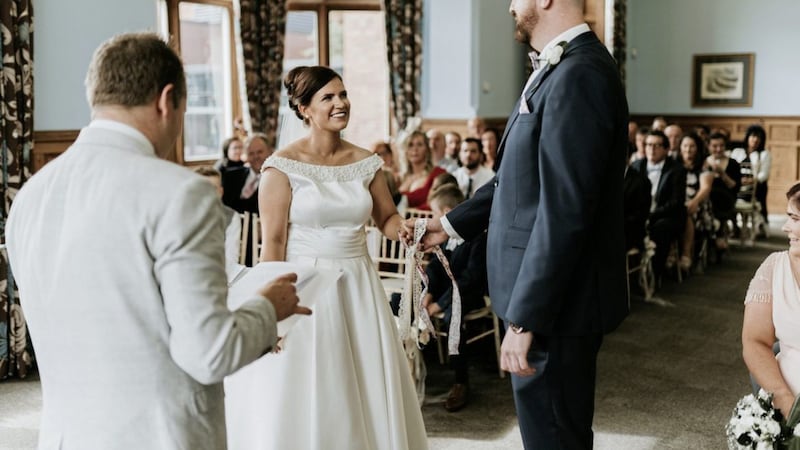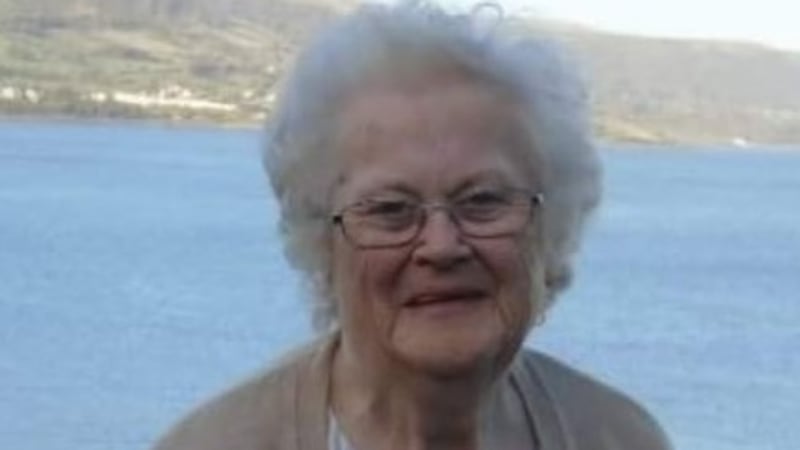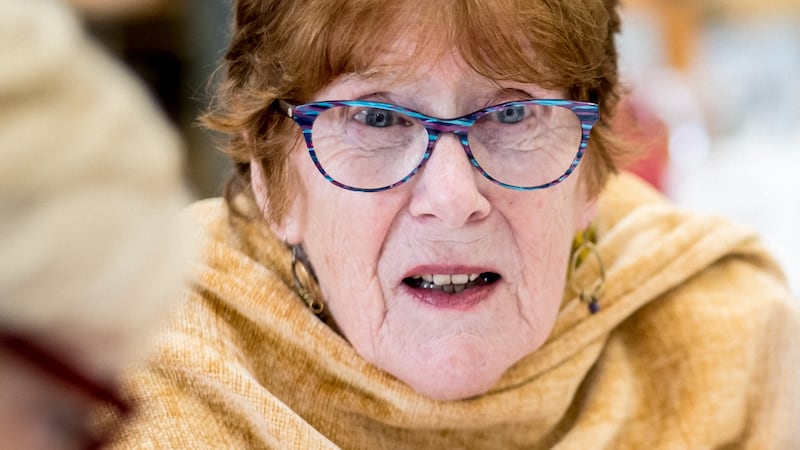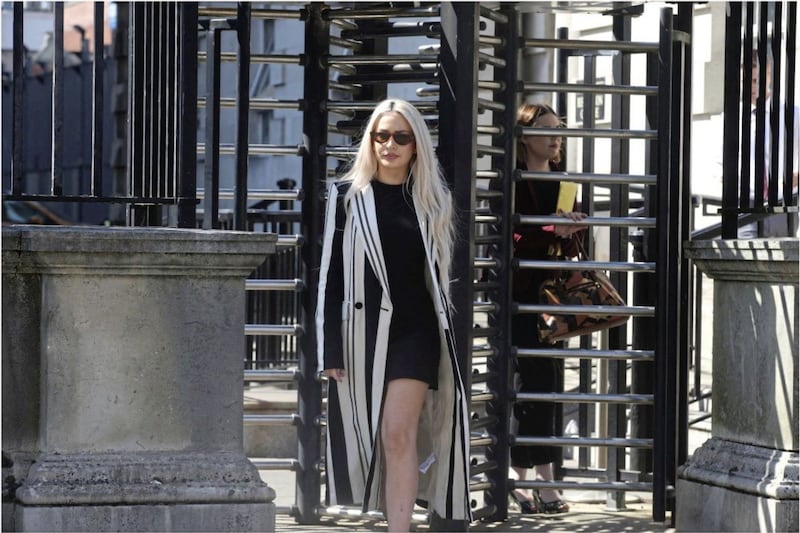THE centuries-old Celtic tradition of 'handfasting' has symbolically marked the north's first legal humanist wedding.
Belfast couple Emma Taylor and Paul Malone were married in a humanist ceremony in front of around 90 people at Riddell Hall, Queen's University on Saturday.
The marriage can now be legally recognised after Laura Lacole and Republican of Ireland footballer Eunan O'Kane won a court case over their 2017 wedding.
A second couple, Alanna McCaffrey and Ronan Johnson, were married at the Lusty Beg resort in Co Fermanagh yesterday.
The practice for most couples previously was to get married in a registry office before their humanist ceremony.
New bride Emma (30) said she and her husband, from Finaghy, were delighted to be the first to have a legally-recognised wedding.
"When we started planning our wedding, we knew we wanted something that is all about who we are as a couple, and that's what humanist marriages offer."
Celebrant Stewart Holden said handfasting is a "centuries-old Celtic tradition where two pieces of ribbon are loosely wound around the couple's hands before they make their vow".
"This practice is believed to have given rise to the sayings 'tying the knot' and 'getting hitched' and something symbolic like this would not be allowed at a civil wedding ceremony."
Mr Holden says that he officiates at more than 20 weddings and over 40 funerals each year but expects the new legal status could increase demand for him and 14 other accredited celebrants in the north.
Humanist weddings were legalised in Scotland in 2005 and the number of weddings increased from 80 that year to 7,000 by 2017.








